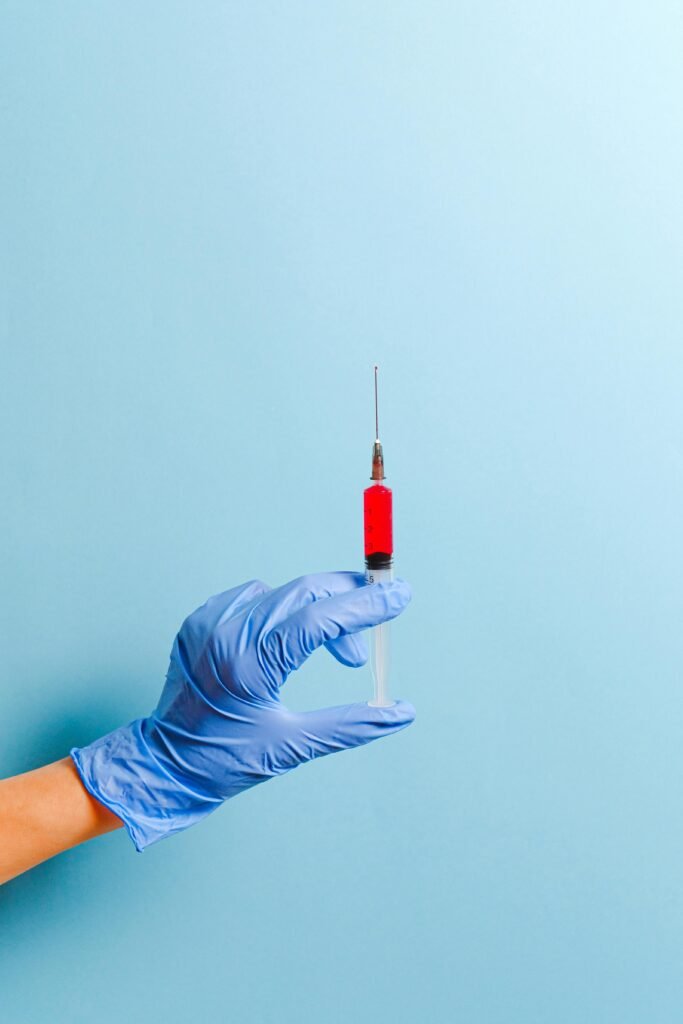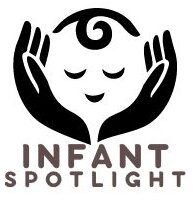Having a baby is an exciting and joyful journey. As a new parent, you may have questions about when your baby should receive their first vaccinations and what those vaccinations are for. Ensuring your baby’s health and well-being is a top priority, so let’s explore the timeline and importance of those first vaccinations.

Immunization Schedule
As a parent, it is important for you to stay informed about your baby’s vaccinations and the recommended timeline for administering them. Vaccines play a crucial role in protecting your child from potentially life-threatening diseases, and following the immunization schedule is essential to ensure their optimal health and well-being. In this article, we will discuss the importance of following the schedule and provide information on specific vaccines given at each stage of your baby’s development.
Birth to Two Months
The first vaccine your baby will receive is the Hepatitis B Vaccine, typically given at birth itself. This vaccine is important because it protects against the Hepatitis B virus, which can cause serious liver disease. By administering the Hepatitis B Vaccine at birth, your baby is provided with early protection against this potentially lethal infection. The vaccine is generally safe and well-tolerated, with minimal side effects such as soreness at the injection site or a mild fever.

Two to Four Months
Between two to four months of age, your baby will receive several vaccines to further strengthen their immune system. These include the DTaP (Diphtheria, Tetanus, and Pertussis) Vaccine, the Hib (Haemophilus Influenzae type b) Vaccine, the Polio Vaccine, the Pneumococcal Vaccine, and the Rotavirus Vaccine.
The DTaP Vaccine provides protection against three serious diseases – Diphtheria, Tetanus, and Pertussis (whooping cough). The Hib Vaccine protects against Haemophilus Influenzae type b, which can cause a range of severe illnesses including meningitis and pneumonia. The Polio Vaccine guards against polio, a highly contagious viral infection that can lead to paralysis. The Pneumococcal Vaccine protects against pneumonia, meningitis, and other infections caused by the bacterium Streptococcus pneumoniae. Lastly, the Rotavirus Vaccine guards against rotavirus, a common viral infection that can cause severe diarrhea and dehydration.
These vaccines are essential for your baby’s well-being, as they prevent potentially dangerous diseases early on. The safety and side effects of these vaccines are generally minimal, with some possible discomfort at the injection site and mild fever being the most common side effects observed.
Four to Six Months
Continuing the immunization schedule, between four to six months of age, your baby will receive the same vaccines as the previous stage – the DTaP Vaccine, the Hib Vaccine, the Polio Vaccine, the Pneumococcal Vaccine, and the Rotavirus Vaccine. Administering these vaccines at regular intervals ensures that your baby’s immune system is consistently protected and ready to fight off any potential threats.
As stated earlier, the safety and side effects of these vaccines are generally mild and temporary. The most common side effects include soreness or redness at the injection site and a low-grade fever. These side effects usually resolve themselves within a day or two, and the benefits of vaccination far outweigh any minor discomfort.

Six to Twelve Months
Between six to twelve months, your baby will need to complete a series of vaccines, including the DTaP Vaccine, the Hib Vaccine, the Polio Vaccine, the Pneumococcal Vaccine, and the Rotavirus Vaccine. These vaccines continue to protect your child from various diseases and ensure their immune system remains robust.
It is important to stay on schedule with these vaccines to ensure your baby receives maximum protection. Regular check-ups with your pediatrician will help ensure your baby’s vaccinations are administered on time and according to the recommended schedule.
Twelve to Fifteen Months
At twelve to fifteen months, your baby will receive the MMR (Measles, Mumps, and Rubella) Vaccine, the Varicella (Chickenpox) Vaccine, and the Hepatitis A Vaccine. The MMR Vaccine protects against three highly contagious viral infections – measles, mumps, and rubella. The Varicella Vaccine guards against chickenpox, a viral infection that causes fever and a characteristic itchy rash. Lastly, the Hepatitis A Vaccine protects against the hepatitis A virus, which can cause liver inflammation.
These vaccines are essential for your child’s protection against these diseases, which can have serious consequences if contracted. It is important to note that vaccines are extensively tested for safety before being approved, and the risk of side effects is minimal. The most common side effects include soreness at the injection site and a mild fever.
Fifteen to Eighteen Months
Between fifteen to eighteen months, your child will receive a second dose of the Hepatitis A Vaccine, the DTaP Vaccine, and the Polio Vaccine. These booster shots are crucial for reinforcing the immunity gained from previous vaccinations, ensuring your child’s immune system remains strong and protected.
As with previous vaccines, the safety profile of these vaccines is generally excellent, with any potential side effects being minimal and temporary. Monitoring and reporting any adverse reactions to your pediatrician is recommended, as they can provide guidance and address any concerns you may have.
Four to Six Years
Between four to six years of age, your child will require booster shots of the DTaP Vaccine, the MMR Vaccine, the Varicella (Chickenpox) Vaccine, and the Polio Vaccine. These booster shots serve to strengthen your child’s immune response against these diseases and provide enhanced protection.
Maintaining your child’s immunization schedule is important not only for their individual health but also for the well-being of the larger community. Vaccinated individuals not only protect themselves from diseases but also contribute to collective immunity, preventing the spread of infections to individuals who may be more vulnerable.
Pre-Teen/Teenage Years
As your child enters their pre-teen and teenage years, additional vaccines are recommended to ensure their continued protection. These include the Tdap (Tetanus, Diphtheria, and Pertussis) Vaccine, the Meningococcal Vaccine, and the HPV (Human Papillomavirus) Vaccine.
The Tdap Vaccine provides a booster dose of protection against tetanus, diphtheria, and pertussis, which can still pose a risk in adolescence and adulthood. The Meningococcal Vaccine protects against meningococcal disease, a severe bacterial infection that can lead to meningitis and sepsis. Lastly, the HPV Vaccine guards against the human papillomavirus, which can cause several types of cancer, including cervical cancer.
These vaccines are crucial for protecting your child’s health as they navigate their teenage years. Just as with previous vaccines, the safety and side effects are generally mild and temporary, with some possible soreness at the injection site and low-grade fever.
Adult Vaccinations
While much attention is given to childhood vaccinations, it is essential for adults to keep their immunizations up to date as well. Vaccines for adults are important for maintaining personal health and preventing the spread of diseases to vulnerable populations.
Updating vaccinations in adulthood not only protects the individual but also helps control disease outbreaks within the broader community. It is important to stay informed about recommended adult vaccines and consult with your healthcare provider to ensure you are up to date.
Common adult vaccines include those for influenza (the flu), tetanus, diphtheria, and pertussis (Tdap), human papillomavirus (HPV), shingles (herpes zoster), and pneumococcal disease. Vaccines for pregnant women, such as the Tdap and influenza vaccines, are crucial for protecting both the mother and the unborn child from potentially serious complications.
To summarize, adhering to the recommended immunization schedule is vital for your baby’s health and well-being. Vaccines protect your child from dangerous and potentially lethal diseases, prevent the spread of infections, and contribute to the overall health of the community. Ensuring your baby receives the necessary vaccinations at each stage of development establishes a strong foundation of immunity, providing protection for years to come. Keep in touch with your pediatrician, stay informed, and prioritize your child’s vaccinations to give them the best start in life.
